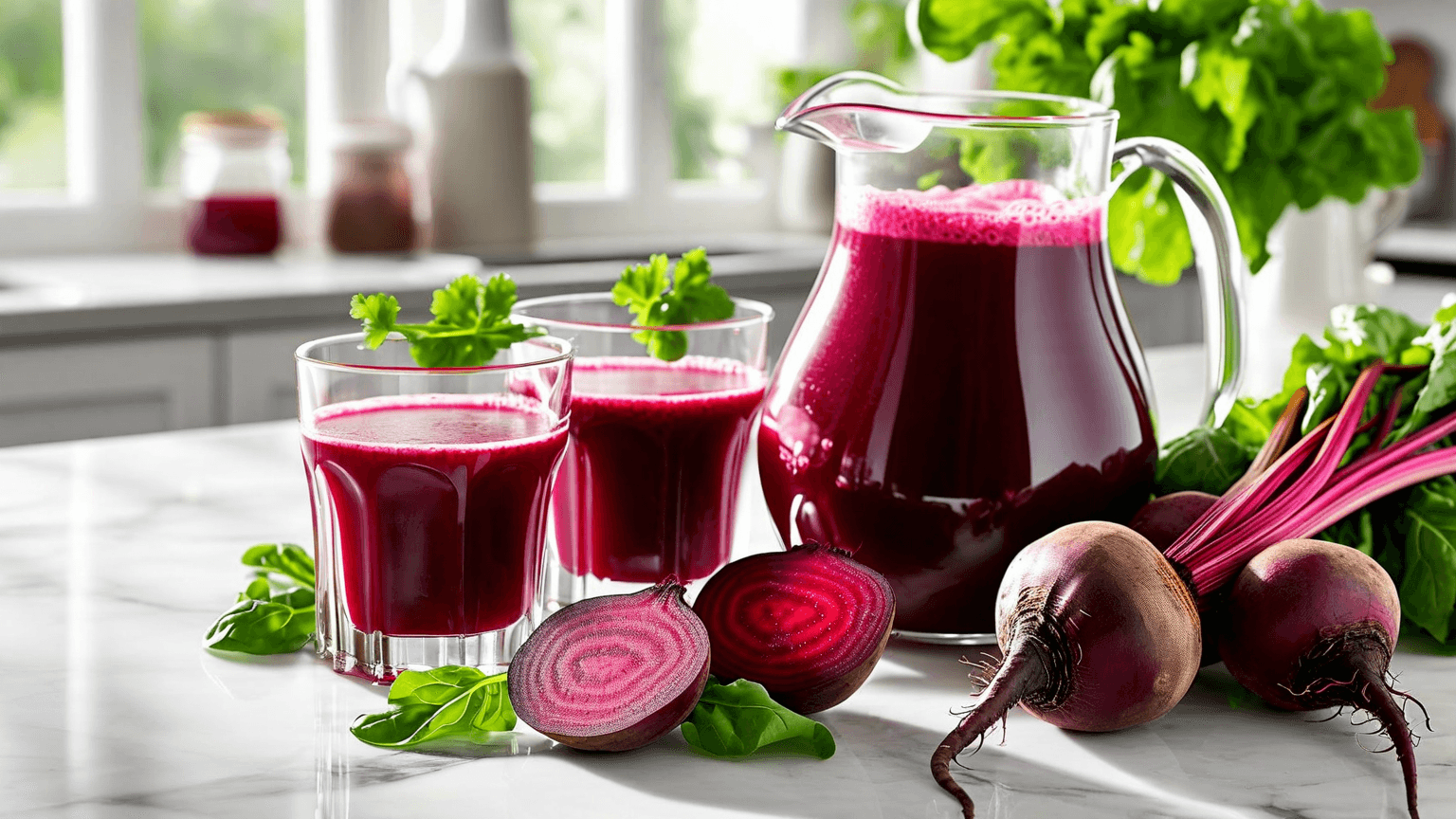Beetroot Juice Recovery Powers That Cut Oxygen Cost
The Beetroot Juice Recovery Secret
If you're looking to boost your recovery and performance, beetroot juice might just be your new secret weapon. This deep-purple vegetable juice is packed with nitrates, compounds that can significantly reduce the oxygen cost of exercise, leading to less fatigue and faster recovery.
How Beetroot Juice Reduces Oxygen Cost
During exercise, your muscles require an increased supply of oxygen to produce enough energy. The more oxygen your muscles can use efficiently, the lower the oxygen cost and the less fatigue you will experience. Beetroot juice contains nitrates that can help your body use oxygen more efficiently.
Nitrates From Beetroot Juice Enhance Oxygen Utilization
When you consume beetroot juice, the nitrates are converted into nitric oxide in your body. Nitric oxide is a potent vasodilator, meaning it helps dilate or widen your blood vessels. This increased blood flow allows more oxygen to reach your muscles, enhancing their oxygen utilization and reducing the oxygen cost of exercise.
Beetroot Juice Benefits for Exercise Recovery
By reducing the oxygen cost of exercise, beetroot juice can provide several benefits for exercise recovery:
- Reduced muscle fatigue
- Improved endurance performance
- Faster recovery from intense exercise
- Enhanced muscle efficiency
How to Incorporate Beetroot Juice in Your Recovery Routine
To experience the recovery benefits of beetroot juice, aim to consume around 8 ounces (240 ml) about 2-3 hours before exercise. This will allow the nitrates to be converted to nitric oxide and provide their beneficial effects during your workout. You can also consume beetroot juice after exercise to aid in recovery.
Maximizing Beetroot Juice Recovery Benefits
For optimal results, choose organic beetroot juice without added sugars or preservatives. The natural nitrate content is highest in fresh, cold-pressed varieties. Some athletes find that consuming beetroot juice consistently for 3-6 days before competition provides cumulative benefits for endurance performance and muscle fatigue reduction.
Scientific Evidence Behind Beetroot Juice Recovery
Multiple studies have demonstrated that beetroot juice supplementation can improve exercise efficiency by 1-3%. While this might seem small, it translates to meaningful improvements in endurance performance and reduced perceived exertion during workouts. Research shows that the nitrates in beetroot juice are particularly effective for activities lasting 4-40 minutes.
Potential Side Effects and Considerations
Most people tolerate beetroot juice well, but some may experience beeturia (pink or red urine), which is harmless. The juice is naturally high in sugar, so diabetics should monitor blood glucose levels. Those taking nitrate medications should consult their healthcare provider before adding beetroot juice to their routine.
FAQs About Beetroot Juice Recovery
Is beetroot juice safe for everyone?
Beetroot juice is generally safe for most people when consumed in moderation. However, it can interact with certain medications, such as nitrate drugs or blood thinners. If you have any medical conditions or are taking medications, it's best to consult your healthcare provider before adding beetroot juice to your diet.
Can I just eat whole beets instead of juice?
While whole beets are a healthy option and contain nitrates, the concentration of nitrates is much higher in beetroot juice. This is because the juicing process removes the fiber, resulting in a higher concentration of nitrates per volume. So, while whole beets are still beneficial, juice may be more effective for exercise recovery.
How long do the benefits of beetroot juice last?
The effects of beetroot juice on blood flow and oxygen utilization are relatively short-lived, lasting around 3-6 hours after consumption. This is why it's recommended to consume beetroot juice 2-3 hours before exercise for optimal benefits during your workout.



